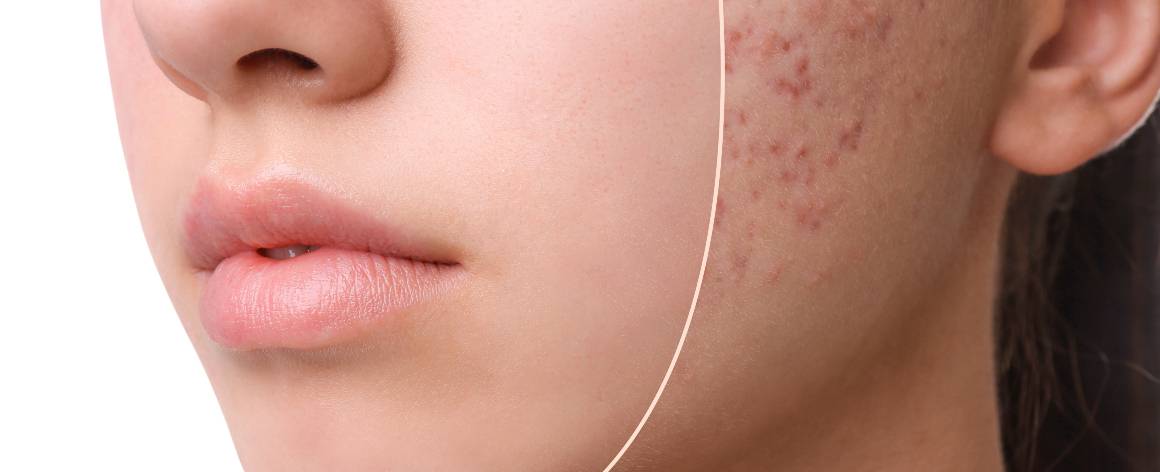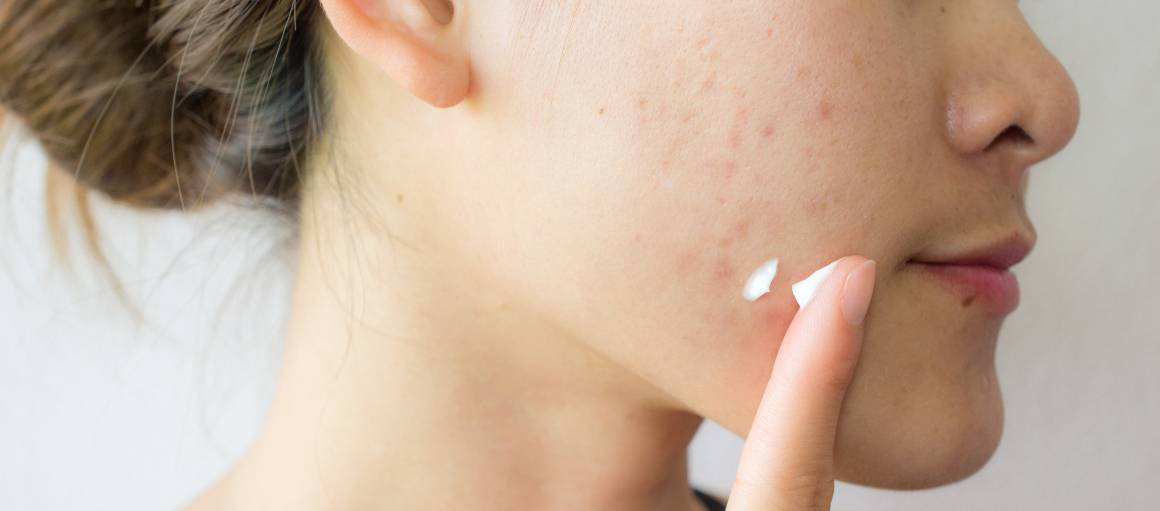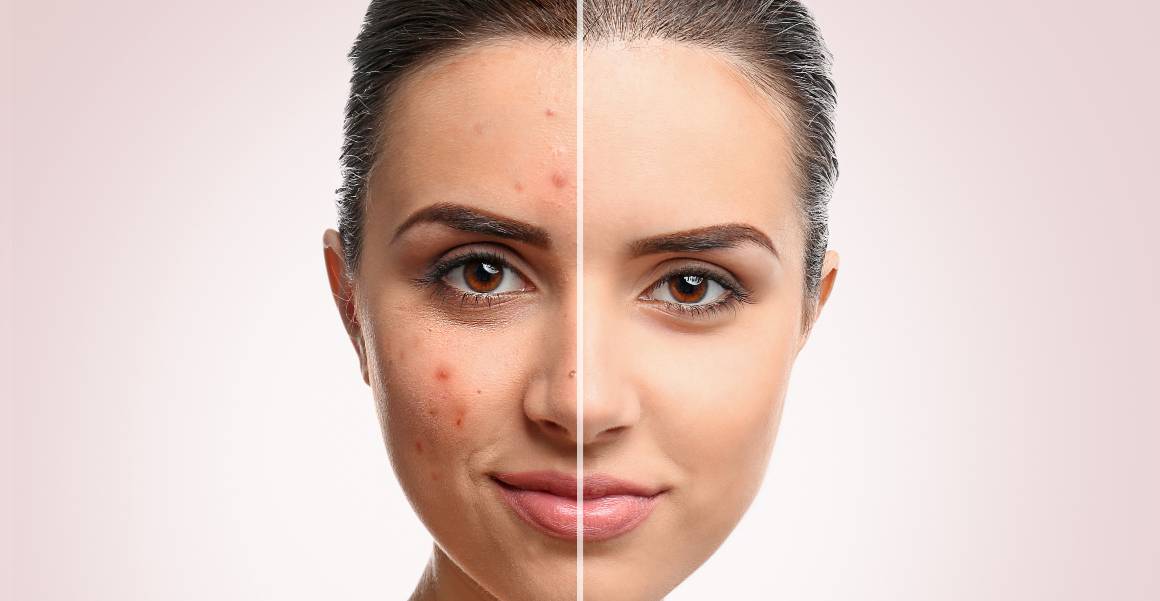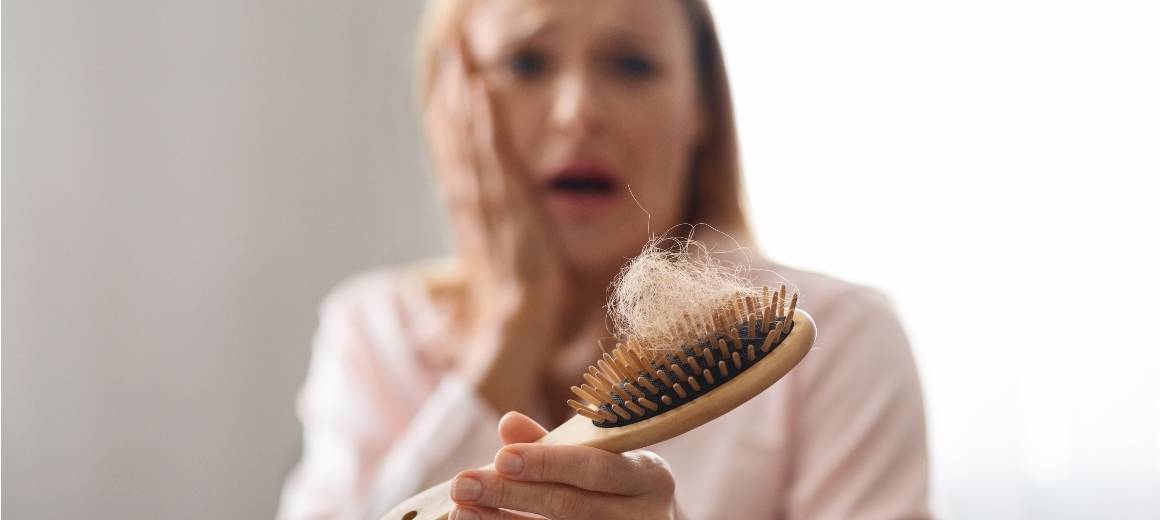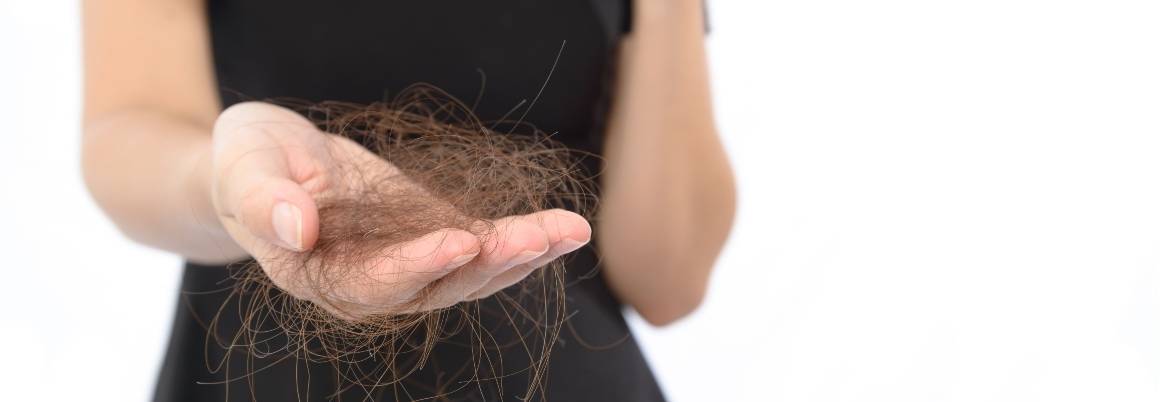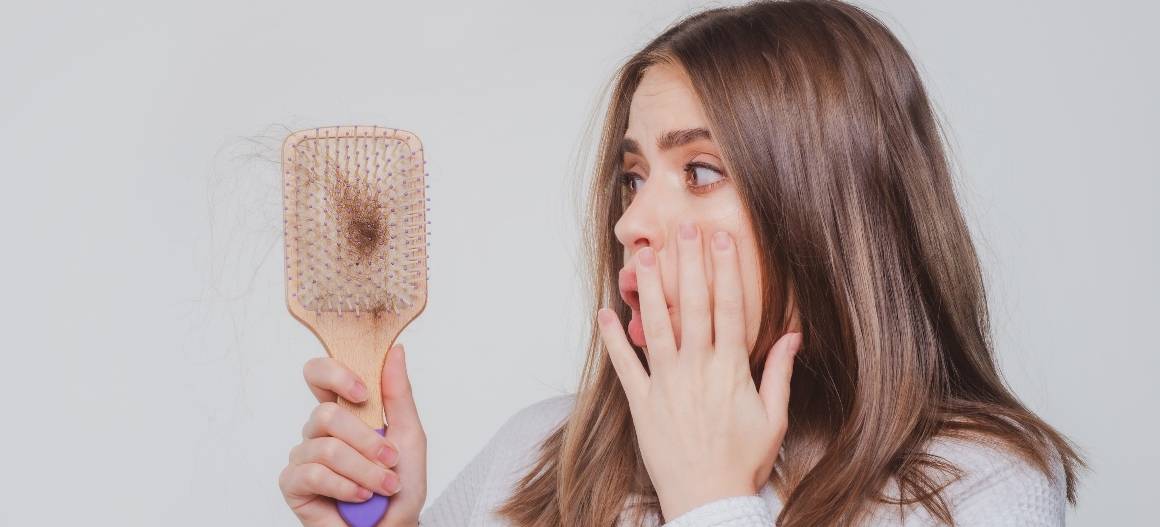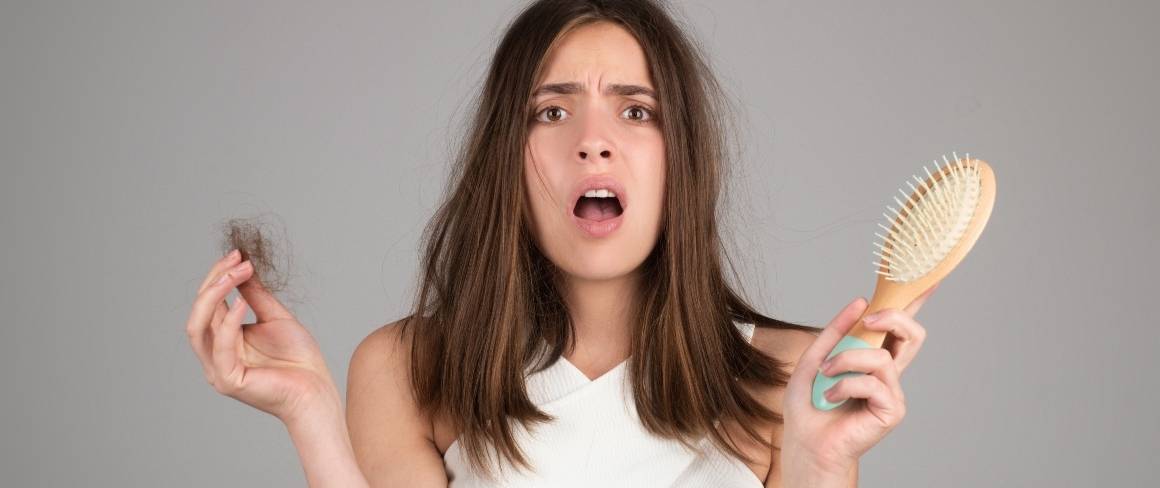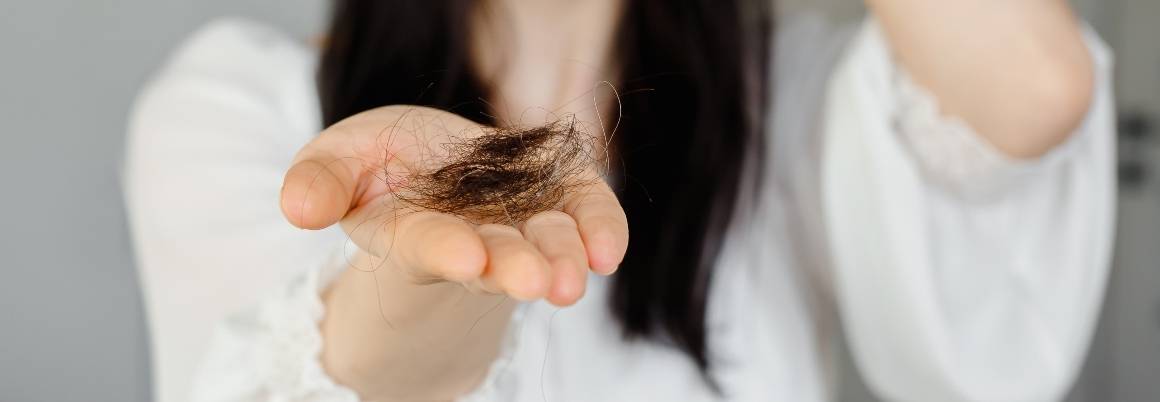
Latest news | Page 29
-
What is the Difference Between Acne and Pimples?
October 17, 2023
While acne and pimples seem similar, they have distinct differences. Acne is a chronic, long-term disease affecting the oil glands and causes severe inflammation and scarring. Pimples are a milder, temporary condition where pores get clogged, causing small, localized bumps. Acne requires prescription treatment, while pimples can often be managed at home with basic skin care. Paying attention to the type, location, and duration of bumps helps identify whether it’s acne or just sporadic pimples.
-
How can I prevent acne naturally?
October 17, 2023
Acne can be effectively prevented through natural methods like gently cleansing skin twice daily, eating an acne-fighting diet rich in antioxidants and probiotics but low in dairy and refined carbs, using natural remedies like tea tree oil and aloe vera, and maintaining a healthy lifestyle with exercise, adequate sleep, stress management, and avoiding pore-clogging habits. With diligent skin care, diet, natural treatments, and lifestyle tweaks, you can prevent acne flare ups without using harsh chemicals.
-
What is the Main Cause of Acne?
October 17, 2023
The main factor leading to acne development is overproduction of sebum (oil) by enlarged oil glands in the skin. This excess oil clogs up hair follicles, allowing dead skin cells to accumulate. It also provides the perfect breeding ground for acne-causing P. acnes bacteria to rapidly multiply. While hormones, diet, and other factors may worsen acne, they are secondary to the fundamental impact of overactive sebaceous glands producing too much sebum.
-
What are the Big 3 to Prevent Hair Loss?
October 16, 2023
Genetics and DHT hormone cause most hair loss, leading to pattern baldness. The “Big 3” treatments - minoxidil, finasteride, and laser caps - combat the underlying causes to retain hair. Minoxidil regrows hair when applied topically. Oral finasteride blocks DHT internally. Low-level laser light energizes follicles. Combined they maximize regrowth results. Catching hair loss early and using these treatments consistently provides the best chance of maintaining a full head of hair.
-
Can Hormonal Imbalance Cause Hair Loss in Females?
October 16, 2023
Hormones like testosterone, thyroid hormone, estrogen and insulin tightly regulate the hair growth cycle. Excess androgens, high or low thyroid activity, low estrogen levels, elevated prolactin and insulin resistance cause the anagen growing phase to shorten prematurely. This leads to accelerated transition of hair follicles into the telogen resting and shedding phase, resulting in excessive hair fall and thinning hair in females. Targeting the hormonal imbalance with medications and natural therapies can help treat such hair loss.
-
How do I stop my hair from falling out?
October 16, 2023
Excessive hair shedding and loss can be upsetting. Common causes include stress, nutrient deficiencies, medications, underlying illnesses, hormone changes, genetics, aging, scalp issues, and hair damage from styling. See a doctor to determine the cause. At-home remedies, dietary changes, stress relief, laser devices, and medical treatments like minoxidil, microneedling, and PRP can effectively stop progression of hair loss for many people and help regrow stronger, fuller hair.
-
Can Vitamin D3 Increase Hair Growth?
October 16, 2023
While more research is underway, vitamin D shows promise as an effective treatment for hair loss caused by nutrient deficiency. Ensuring adequate intake through sun exposure, food sources and supplementation may support healthy hair regeneration. Vitamin D along with a holistic approach offers hope for keeping your locks lush and full.
-
Can Zinc Deficiency Cause Hair Loss?
October 16, 2023
Zinc is an essential mineral for healthy hair growth. Deficiency affects hormone levels, protein synthesis, and follicle health, leading to increased hair loss. Getting enough zinc from foods like oysters, meat, nuts, and legumes is optimal. Supplements may also help reverse deficiency hair loss in some cases, but high doses carry risks. See a doctor if hair shedding persists despite dietary changes.








